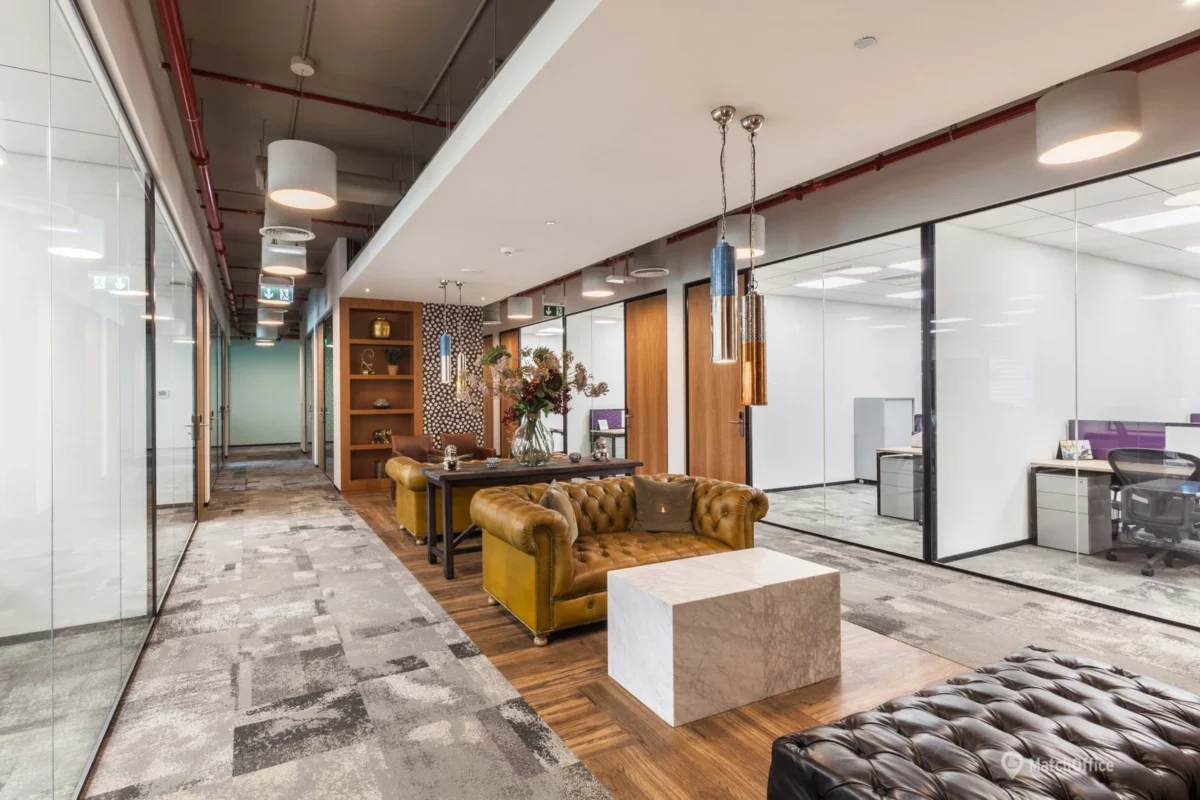Beneath the polished exterior of Singapore’s corporate scene, an unconventional real estate submarket is quietly thriving in Tanjong Katong. Over 23% of businesses in this mixed-use district register their “operational” addresses in fully occupied buildings—spaces where no employees work, meetings aren’t held, and the primary function is simply receiving mail. This niche, supported by both global corporations and startups, highlights the surprising ways regulatory frameworks influence urban real estate dynamics.
The Compliance Industrial Complex
Under Singapore’s Company Act, businesses are required to have a local registered address, creating consistent demand even for companies that lack a physical presence. Tanjong Katong’s unique blend of factors fuels this demand:
- Historic Zoning: The district’s past, once home to boatyards and plantations, resulted in properties that are eligible for commercial registration amidst residential areas.
- Urban Revitalization: A S$140 million renovation of the Tanjong Katong Complex, bringing in modern coworking spaces, has contributed to an inventory of addresses with varying levels of credibility.
“A significant part of our revenue, around 18%, comes from these ‘ghost tenancies,” says a manager at 2 Tanjong Katong Road’s serviced office hub, where 54 offices are perpetually unoccupied, though technically leased. “Our main value proposition is an ACRA-approved address and mail forwarding, not office space.”
Regulatory Arbitrage at the Local Level
This phenomenon has led to a division in compliance-driven leasing:
- Prestige Tier: Heritage shophouses along Tanjong Katong Road (14-38) can charge premiums of up to 300% for their “heritage addresses.”
- Mid-Market: Rejuvenated complexes like TKC offer compliance packages with modern facilities starting at S$490 per month.
- Shadow Network: Unlicensed HDB units offer commercial addresses at 60% lower rates, despite occasional crackdowns by ACRA.
A 2024 study by the Urban Redevelopment Authority revealed that over 1,700 Tanjong Katong addresses listed as business registrations exceeded their physical capacity—equating to 87 fictitious 20-person companies per hectare.
Coworking’s Dual Role
Major coworking operators are tapping into this growing demand:
- Regus: Markets “Compliance Lite” packages excluding workspace access.
- JustCo: Offers blockchain-based virtual offices with AI-generated “activity reports” for auditors.
- The Executive Centre: Provides luxury address rentals tied to Marina Bay financial towers.
“These aren’t the traditional shell companies,” says a forensic accountant from KPMG. “Now, Series B startups are using Tanjong Katong’s addresses to register their Asian headquarters, while their teams operate remotely from places like Bali or Bangalore.”
Case Study: The 18-Month Phantom
A European biotech company’s strategy underscores the growing sophistication of this business model:
- They leased a 12-square-meter office at TKC for S$1,800 per month.
- Installed IoT sensors to simulate occupancy based on light and air-conditioning usage.
- Contracted a “presence as a service” firm to perform monthly desk reshuffling.
- Despite having no employees in Singapore, the company maintained its registration through 2026.
Urban Planning Consequences
This trend complicates traditional metrics:
- Vacancy Paradox: Buildings report full occupancy, yet remain functionally empty.
- Infrastructure Strain: Transport planning based on registered employees inflates commuter traffic projections.
- Tax Revenue Loss: Phantom firms contribute to corporate tax revenue but evade consumption-based taxes.
The URA’s experimental “activity-weighted valuation” model discounts rent for properties with over 40% compliance tenants. This policy could result in a loss of S$7.2 billion in Tanjong Katong’s commercial valuation by 2027.
Innovation in Regulatory Friction
As entrepreneurs adapt to this compliance-driven economy, new solutions are emerging:
- MailHero: An AI-powered mail scanning service with notarization capabilities.
- AddressNFT: Commercial addresses tokenized on blockchain networks.
- ComplianceDAO: A decentralized platform for verifying virtual offices that meet ACRA standards.
As Colin Low from SLA remarked during TKC’s relaunch: “Urban ecosystems evolve in response to policy architectures. Our challenge is ensuring physical spaces remain relevant as digital services reshape the landscape.”
Tanjong Katong’s experiment offers a glimpse into how regulatory frameworks can drive innovation in urban real estate. It suggests that Singapore’s future competitive edge might not lie in attracting traditional businesses, but rather in perfecting the system for non-physical entities—a powerful testament to the way policies can shape market realities. For global companies navigating the complexities of incorporation in Asia, Tanjong Katong’s address economy offers both a cautionary tale and a blueprint.
